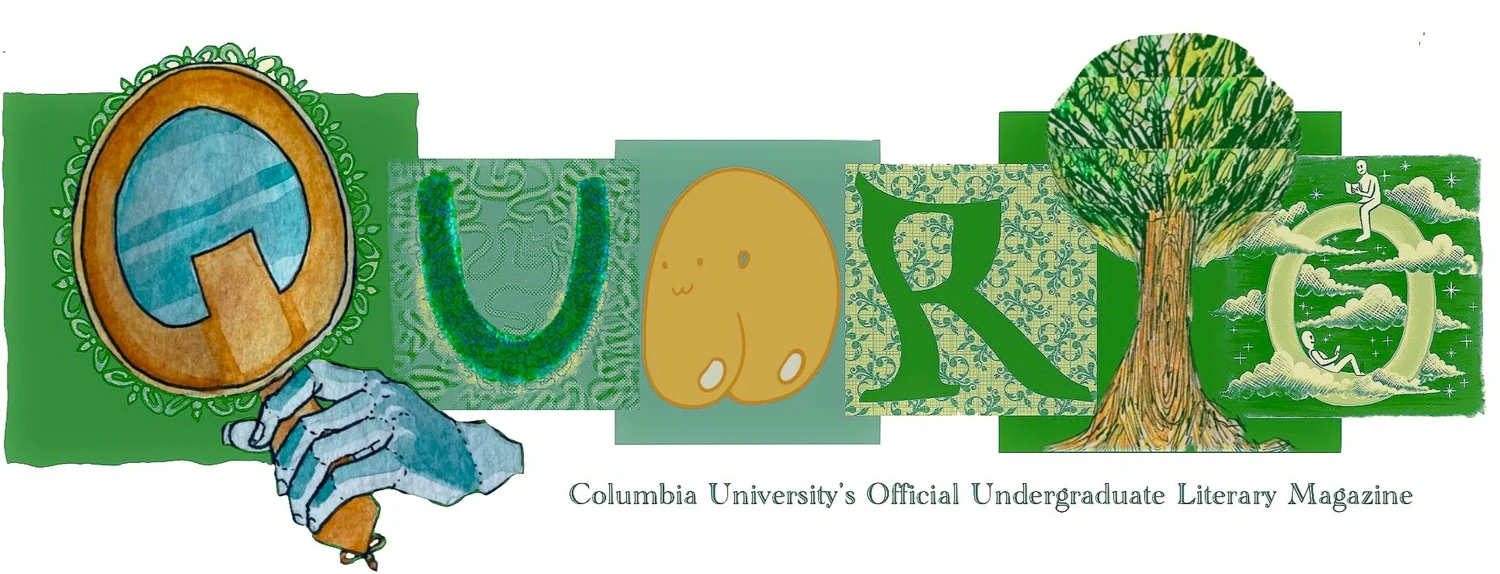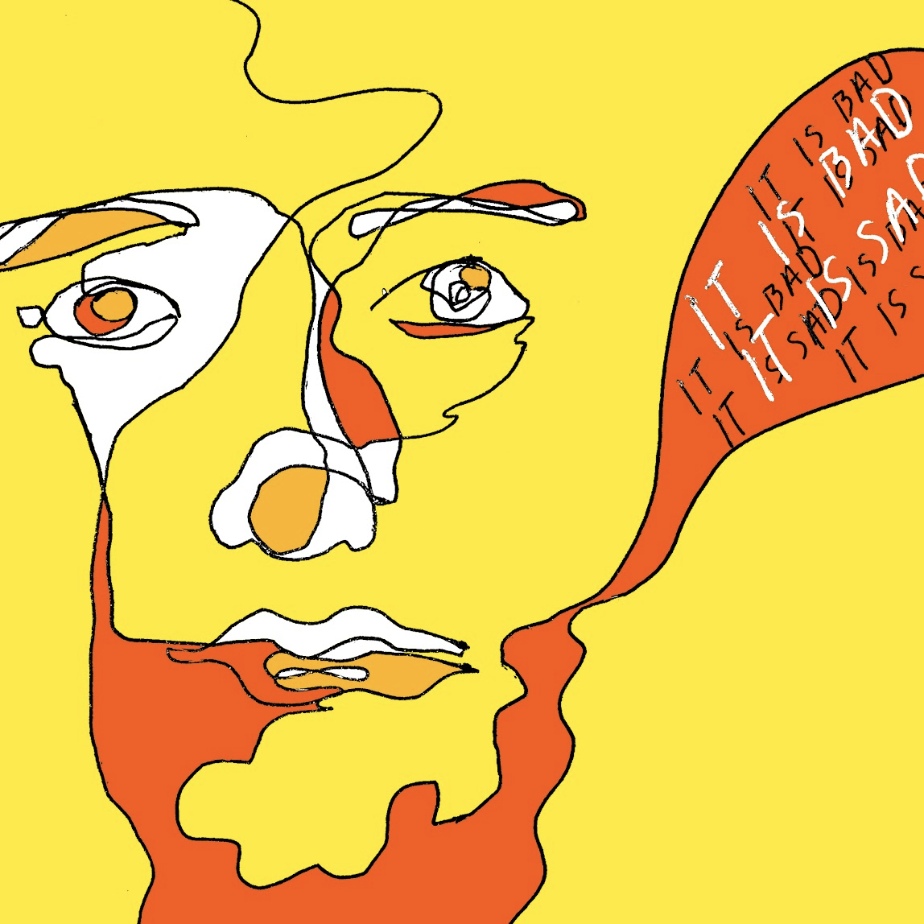you shake it
it says signs point to no
a hole opens below you
you fall and fall and fall
you hit a ground
it looks like what you thought heaven would look like
lots of white people
all your shitty friends
the dudes on that soccer team
your grandmother
you think
you misread the ball
maybe you were flying that whole time
but
we’ve got it better up here
i promise
we’re naked all the time
every concrete sidewalk has hopscotch
that rain will never wash away
there are swings at every playground
god is three black women
they run a radio station called the good word
there are no commercials
but where you fell
you
get bored
the leaves can’t fall or change colors
it’s 55 degrees every day
you wonder why all the brown people
are somewhere else
we dance on clouds
and shit
every time someone asks how you doing
we say real good
there are no white people
to kick us out of places
if anyone tries to take our fingerprints
our hands will turn paper to flesh
and form a big black fist
also there are no white people
i met jesus last tuesday
he had dreads to the floor
they smelled like incense
we made up secret hand shake
i would show you
but its secret
you never met jesus
you live in four story house with your parents
it is peach
like all the other houses
we don’t have houses here
we beyond walls
you look
in the glove compartment
of your range rover
where you hid a small sheet of paper with the words
that appeared on the 8 ball years ago
but we don’t have to look
for anything
my grammy is here
she finally learned how to swim
and you
unfold the paper
start to cry
you spot a phone in the back seat
panic
dial 1-800-INNOCENT
and raise the phone to your ear
like you’ve done many times
but this time
god picks up
you say
hello




















